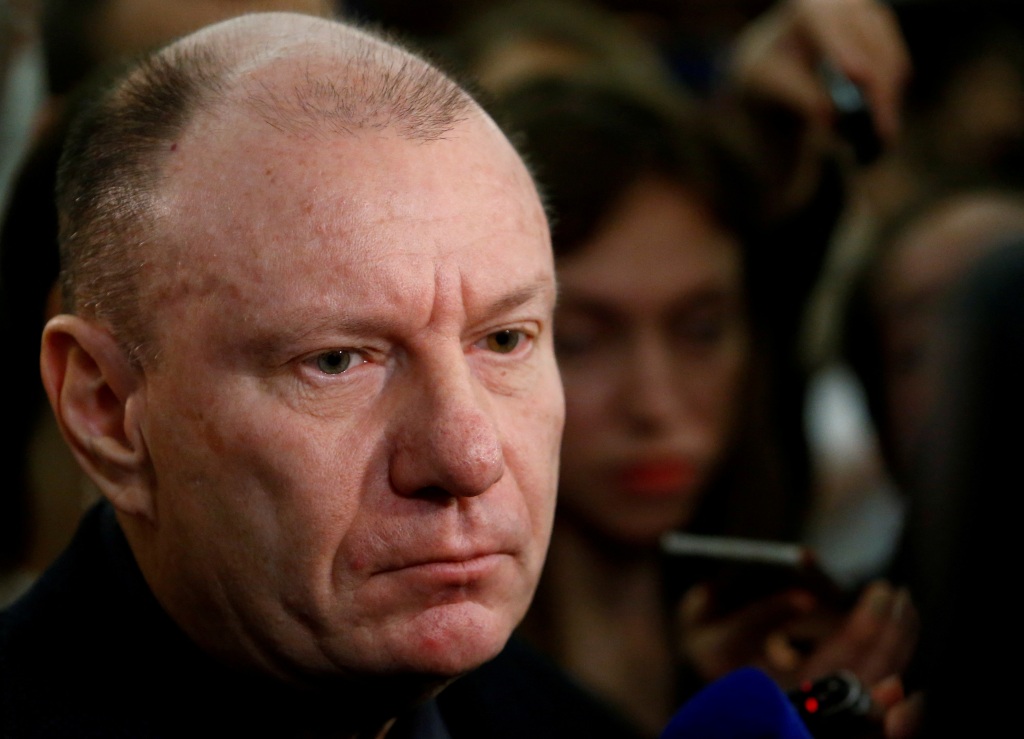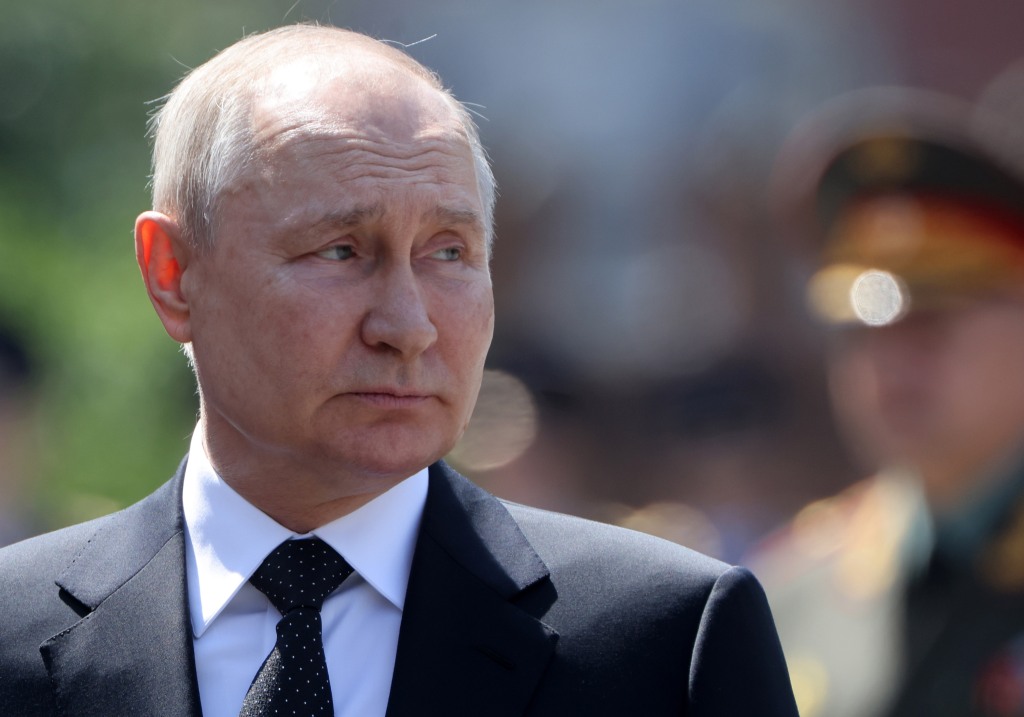Congress pushes Whistleblower Rewards bill to nab enablers of sanctioned oligarchs
A new bipartisan bill recently proposed in Congress puts a bounty on the heads of any person or company that helps Russian oligarchs evade Western sanctions.
The Sanctions Evasion Whistleblower Rewards Act — sponsored by Sen. Sheldon Whitehouse (D-RI) and Sen. James Risch (R-ID), along with Rep. Joe Wilson (R-SC) and Rep. Dean Phillips (D-MN) — will pay informants who have ‘actionable information’ on sanctions evaders.
The goal is to incentivize information-sharing to help “apprehend dangerous Russian oligarchs,” Whitehouse told the Post.
“Terrorists, dictators, and their cronies often evade sanctions by employing family members or middlemen to stash ill-gotten gains in phony accounts,” he added. “To boost sanctions enforcement, our bill creates financial incentives for exposing the hidden loot to international investigators.”
Western nations sanctioned several Russian oligarchs following Vladimir Putin’s unprovoked invasion of Ukraine in 2022. The US Justice Department launched a high profile KleptoCapture task force to cut off sanctioned oligarchs’ access to their luxury possessions like jets, superyachts and luxury real estate.
To date, the US government has seized around $500 million in assets from sanctioned oligarchs. The money is slated to help pay for Ukraine’s reconstruction.
However, many Russian oligarchs have evaded sanctions thanks to a coterie of Western enablers who in part help them mask their ownership of assets through proxies, including their lovers and bodyguards, according to a new report.

“These oligarchs are sanctioned by the West in an attempt to punish them, and yet undermining these sanctions would be impossible without Western enablers — lawyers, bankers, consultants, and other professionals,” Miranda Patrucic, editor of the Organized Crime and Corruption Reporting Project, told the Post.
The report, led by the OCCRP and IStories, along with other media partners, is based on 50,000 documents and email leaks. They reveal details on two particular oligarchs close to Putin — Boris Rotenberg and his brother Arkady, the Russian strongman’s one-time judo sparring partner – who own properties in Spain, France and the United States, some of which are currently frozen.
The reports also showed how oligarchs avoided paying tax on some of the properties by setting up companies in offshore havens — and how they masked their ownership of assets through new weaponized Russian investment vehicles known as ZPIFs, which operate like closed mutual funds. For example, the Rotenbergs – which include Boris’ wife Karina, a Russian born, US sanctioned American citizen – were aided by an ex-KGB officer and Russian Defense Ministry advisor Maxim Viktorov.

“The Rotenberg Files show yet again that the armies are not just on the battlefield — they’re in offices in Europe and the U.S., fueling this system to the detriment of citizens across the world,” Patrucic said.
The covert tactics make it nearly impossible to track down or arrest the culprits.
“It’s difficult when evasion takes place overseas,” said Thomas Firestone, a sanctions expert and partner at Stroock & Stroock & Lavan, who previously worked as a resident legal advisor for the US Embassy in Moscow.
“Cooperation with foreign law enforcement is difficult and involves tracing the movement of money through multiple jurisdictions. The US government is putting a lot of resources into making these cases a top priority, but it takes time.”
One successful case involved the arrest earlier this year of former high-ranking FBI officer Charles McGonigal, once in charge of counterintelligence in the FBI’s New York office. McGonigal was accused of taking secret payments from Russian oligarch Oleg Deripaska to get him off the US sanctions list, in violation of federal law. Sergey Shestakov, a US citizen and former Soviet and Russian diplomat and federal court interpreter, also faces sanctions evasion charges.
The bill comes amid reports that Putin’s former caterer and leader of the mercenary Wagner Group Yevgeny Prigozhin launched a rebel attack on Russian cities. The rebellion was quickly squashed and Prigozhin fled to neighboring Belarus, but the putsch put Putin’s power in peril.
Sanctioned Russian oligarchs Arkady Rotenberg and Vladimir Potanin reportedly fled Russia for Baku in neighboring Azerbaijan and Istanbul, respectively, during the Russian coup.
A similar bill, the Enablers Act, was killed in the Senate last December. It would have been the first major piece of anti-money laundering legislation in the US since 2002.

Read the full article Here


